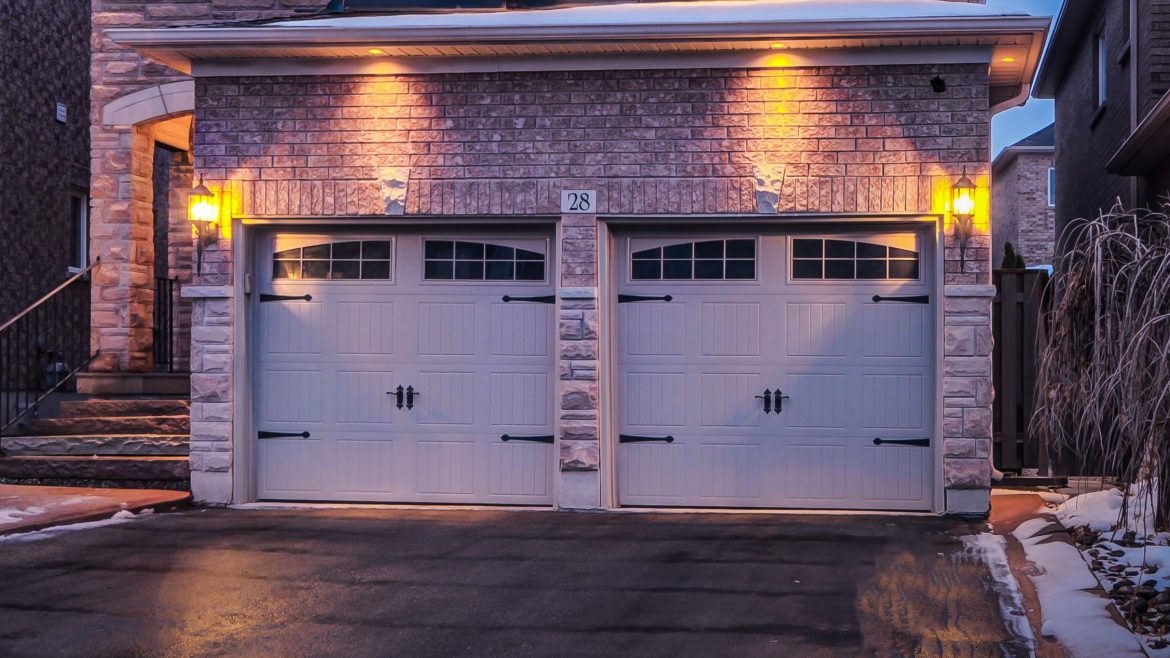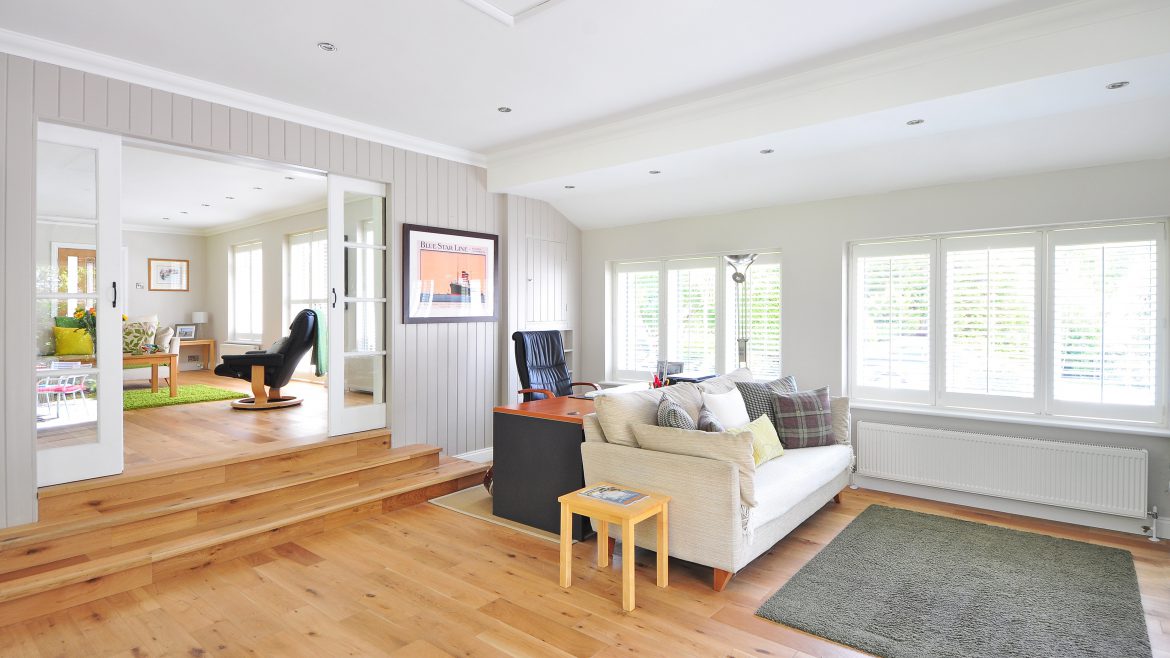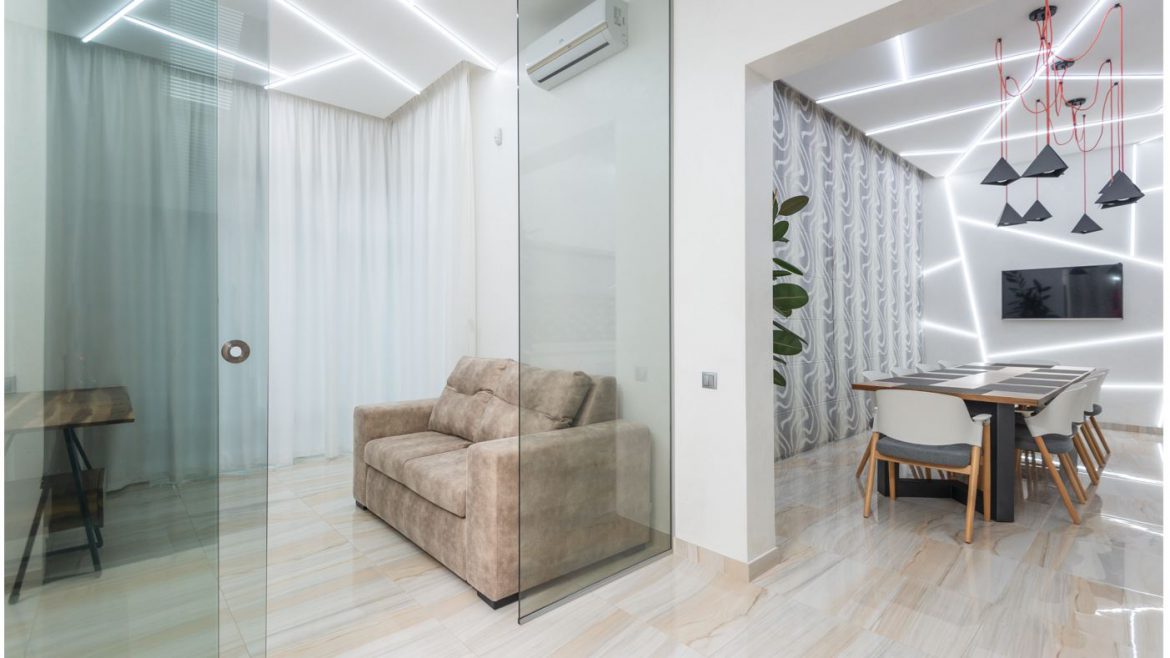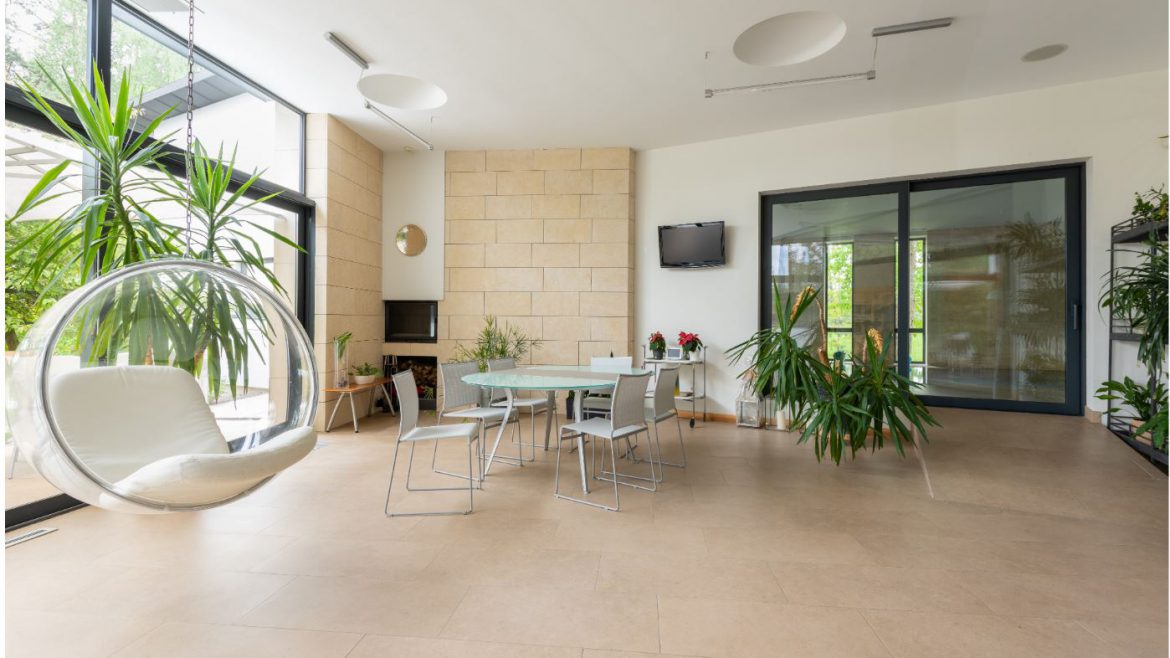Radon: a silent toxin
https://imaginahome.com/wp-content/uploads/2021/11/Capture-1024x680.jpg 1024 680 Nisha Muire Nisha Muire https://secure.gravatar.com/avatar/09971b406125a2f92a37bf65b08fd3c3?s=96&d=mm&r=gChecking for radon in your Toronto home should be one of the routine tasks you do every few years. Why? Because radon is an odorless but harmful gas that can lead to cancer with long-term exposure.
What is radon?
Radon is a colourless, odorless, inert gas that is found naturally in the atmosphere. It is usually not a concern outside where it disperses quickly. The trouble arises when the gas gets trapped indoors – usually in a house or school. The gas seeps into a building and because it has nowhere to go it builds up.
Why is radon dangerous?
Lung cancer related to radon exposure is the second leading cause of lung cancer in North America. When inhaled, radon breaks down and gets into the lining of your lungs where it gives off radiation. Long term exposure to radon can lead to cancer.
How can you check for radon exposure?
There is a simple test you can do to check if your home has radon in it – just purchase a test kit from any hardware store and install it in your home.
What to do if your home has radon?
Radon leaks in from openings connecting your home to the ground. So, the first thing to do is air out your home. Make sure you have adequate ventilation and air circulation. Next, seal any cracks you have in floors and foundations that are exposed to the ground.
Call in the experts
If high radon levels persist in your home, then it is time to call in experts to help find the cause of the high levels and to help you seal it off. Some homes with dirt crawl spaces may need to have those crawl spaces attended to.
While radon is fine in the small amounts found naturally, large quantities over an extending period of time are what you must be aware of.






